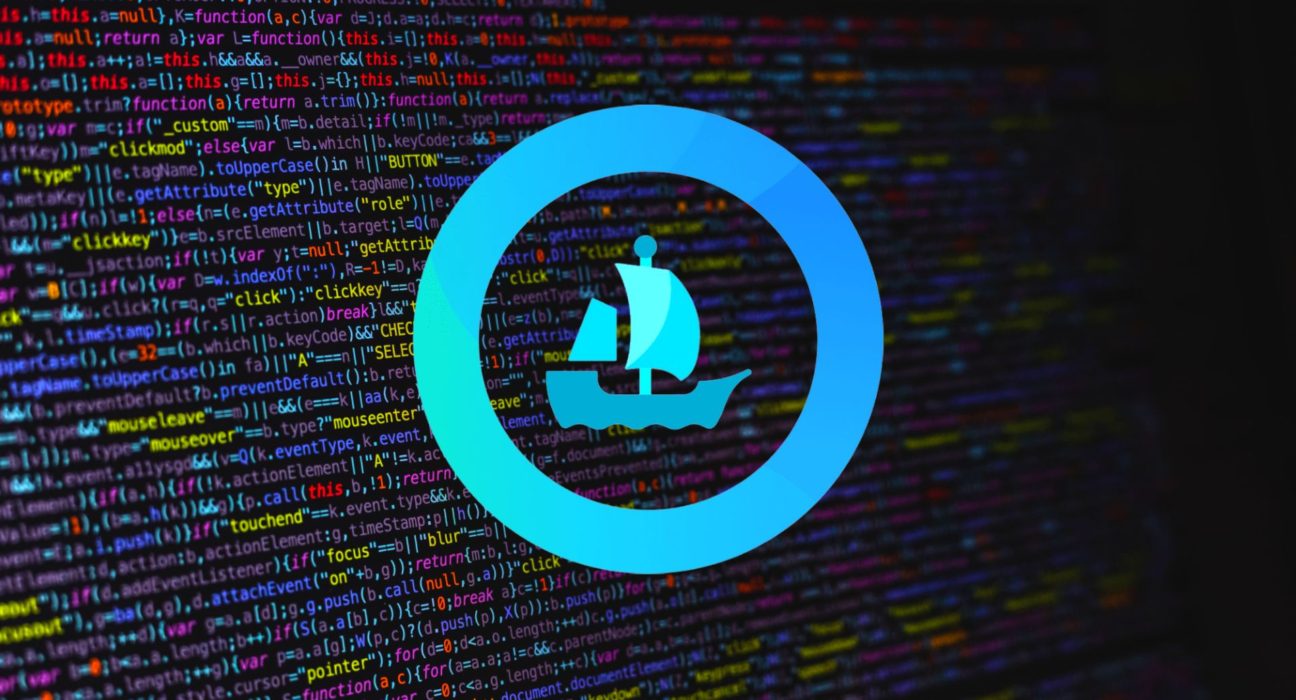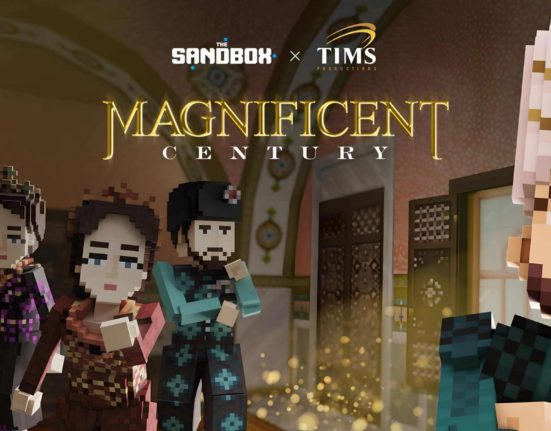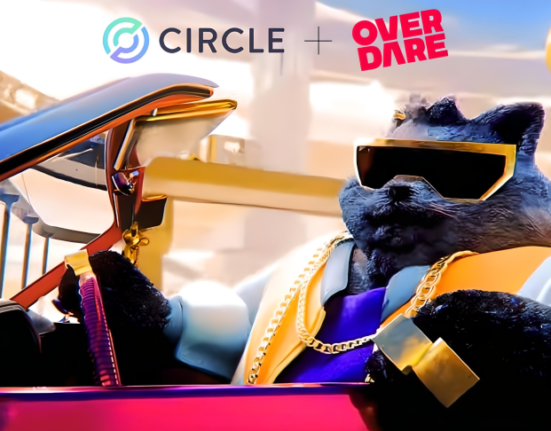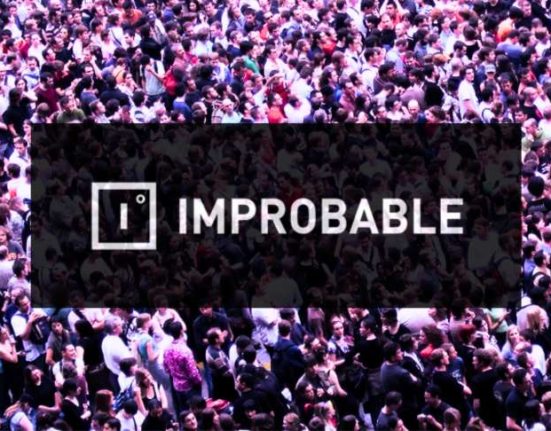When digital collectibles (NFTs) were first introduced into the emerging tech space, one of the biggest selling points was a new avenue for creators to get a piece of the pie every time their work was resold – or better known as a “creator royalty.”
The royalty debate has been the biggest conversation in the history of the NFT space – but also the biggest elephant in the room.
On Thursday (August 17), OpenSea changed its position towards creator royalty fees, announcing in a blog post that it plans to move away from its “mandatory” creator fees to “optional” creator fees this month.
In other words, collectors/sellers are now offered a choice on whether they want to “generously” give back to the original artist they claimed to have supported.
It clarified in the post that “creator fees aren’t going away – simply the ineffective unilateral enforcement of them,” which it believes is necessary to “better reflect the principles of choice and ownership” that continue to drive decentralized art.
Beginning August 31, OpenSea will stop enforcing royalty fees on all new NFT collections – however, it indicated that it will continue to enforce fees on certain existing collections through at least March 2024.
Imagine that you are a “regular” at a restaurant because you enjoy the chef, the exquisite culinary skills that go into the food, and the service from your waiter(s), to which you communicate through your return to the restaurant and tipping of your waiter(s). But on your next visit back to that same restaurant, you order, you eat, and you pay – only this time, you just pay the bill without tipping your server.
OpenSea Continues to Be the Elephant in the Room
Last November, OpenSea soured its name after launching its “Operator Filter,” a unilateral enforcement tool that prevented the sale of creator collections to Web3 platforms that chose to enforce creator royalties and make them mandatory.
The extremely controversial decision by the NFT marketplace came after the token-based platform X2Y2 debuted its 0% creator royalty model eight months prior.
However, the straw that broke the camel’s back was when the NFT platform Blur made royalties mandatory in February 2023. Blur has since surpassed OpenSea as the biggest NFT marketplace by trading volume, enforcing a 0.5 percent fee on the majority of its collections, where most creators will set their royalty fees at 5 to 10 percent.
OpenSea responded by stating that its previous mandatory 2.5% royalty fee would be dropped to 0% for a limited time – while also picking back up on another previously controversial plan to move projects that weren’t using on-chain enforcement tools – essentially every project created prior to 2023 – to “optional” royalties.
Of course, that didn’t go over well.
The NFT royalty debate, which shouldn’t be a debate at all, continues to keep the growth and transformation of digital art and collectibles at bay – a lot of talking, not a lot of execution.
According to crypto data firm Nansen, NFT royalties hit their lowest volume since 2021, and this week’s news of Bored Ape Yacht Club (BAYC) NFTs hitting a low of approximately $51,500 (now at $43,000 as of press time) is evident of that.
The community wasn’t shy about expressing their views towards the harmful impacts this type of mechanism has upon artists, with the majority of users expressing extreme discomfort as to the “unsustainable behavior,” “cowardice,” and “killing the ecosystem.”
Rarible Reacts
On Friday, NFT marketplace Rarible made its position clear on X (formerly Twitter) with the hashtag #StandForRoyalties, sharing that it “stands in solidarity with creators and artists” by offering up a free mint.
And at the end of the day, there’s only one question that matters – why are we still having to overcome this debate when it serves as the beating heart of everything that “Web3” and decentralized ecosystems are supposed to represent?








